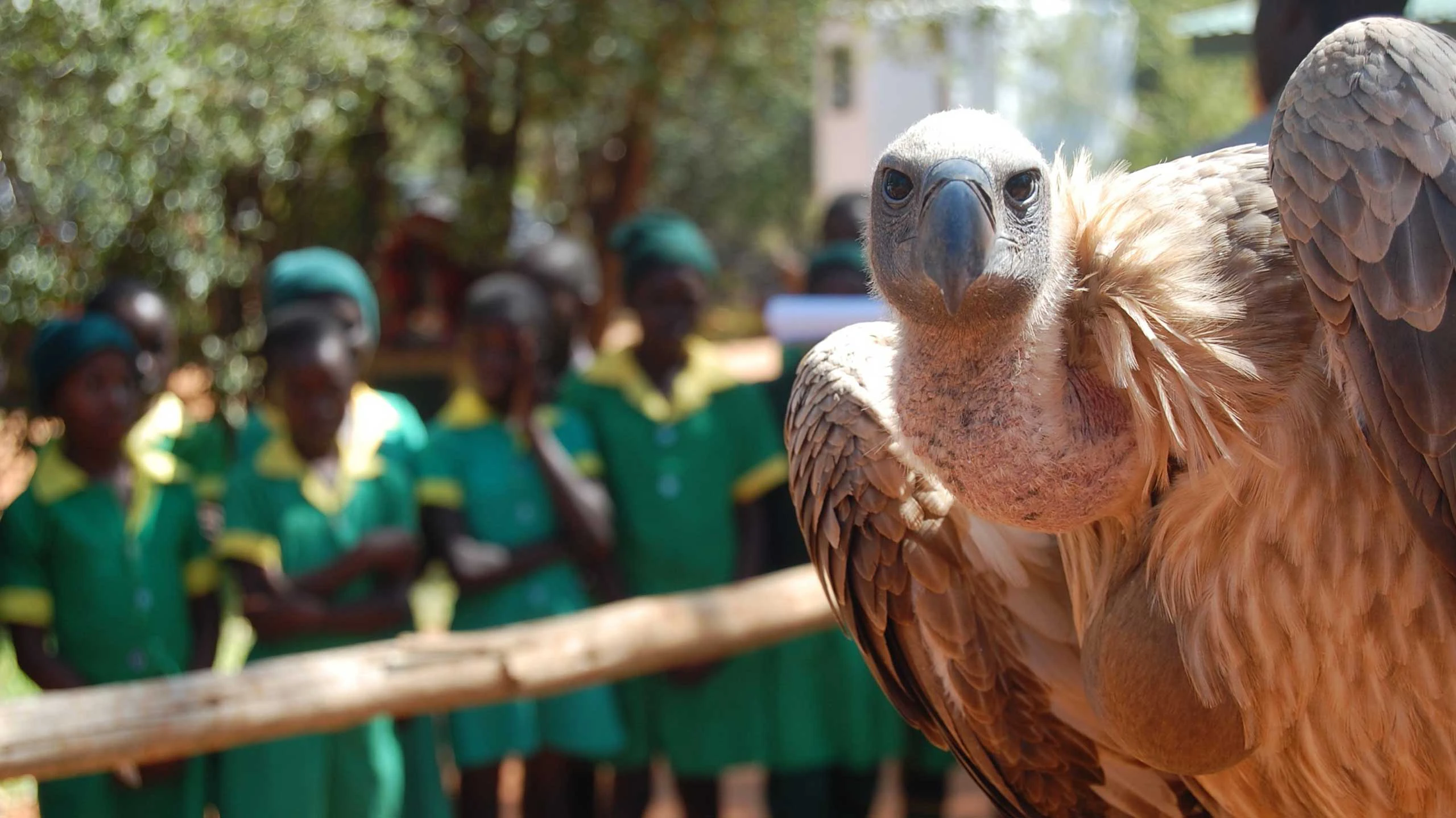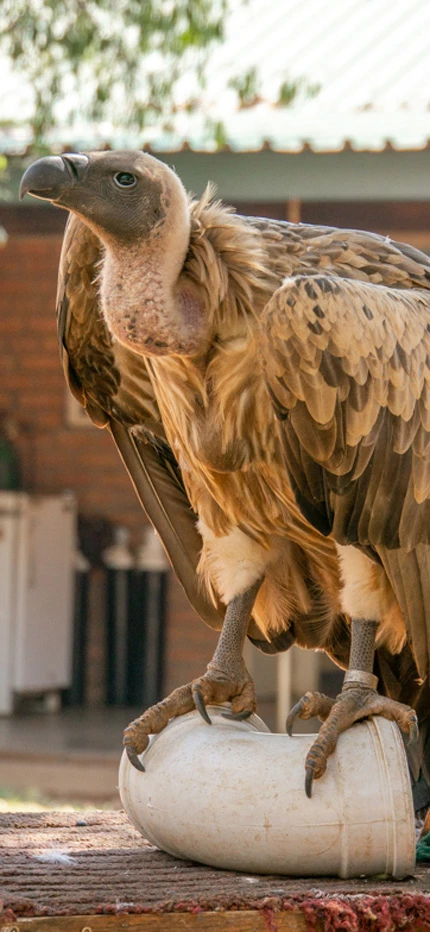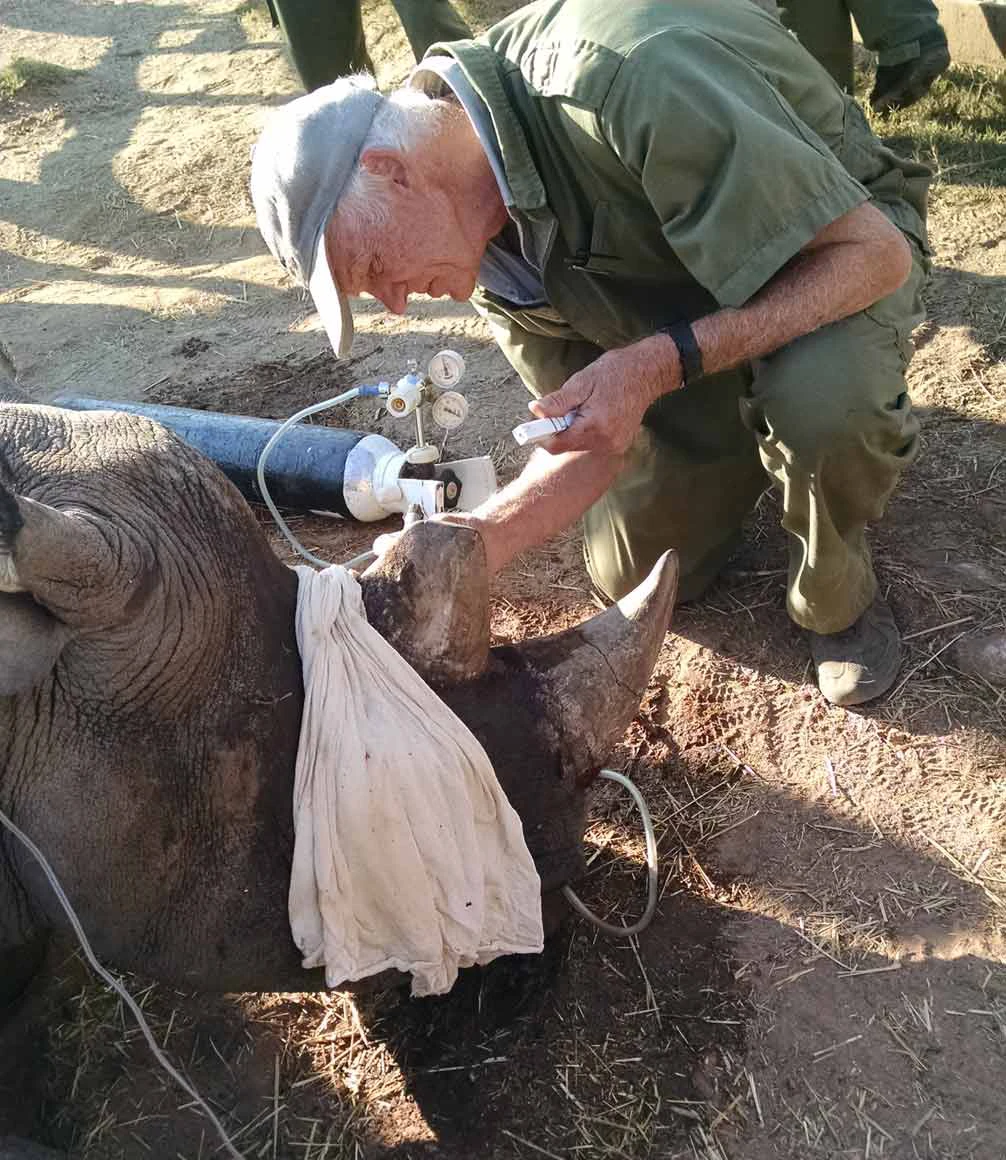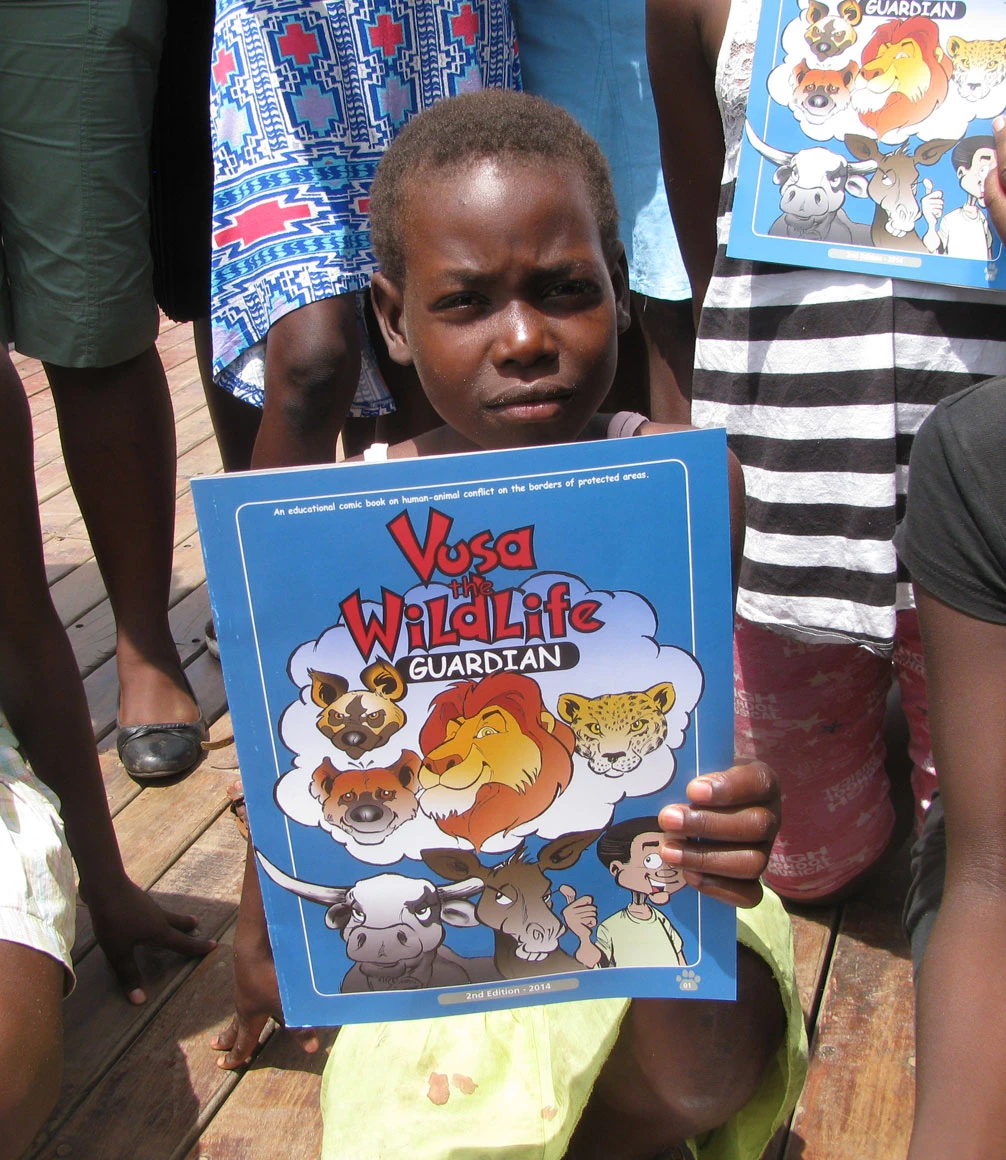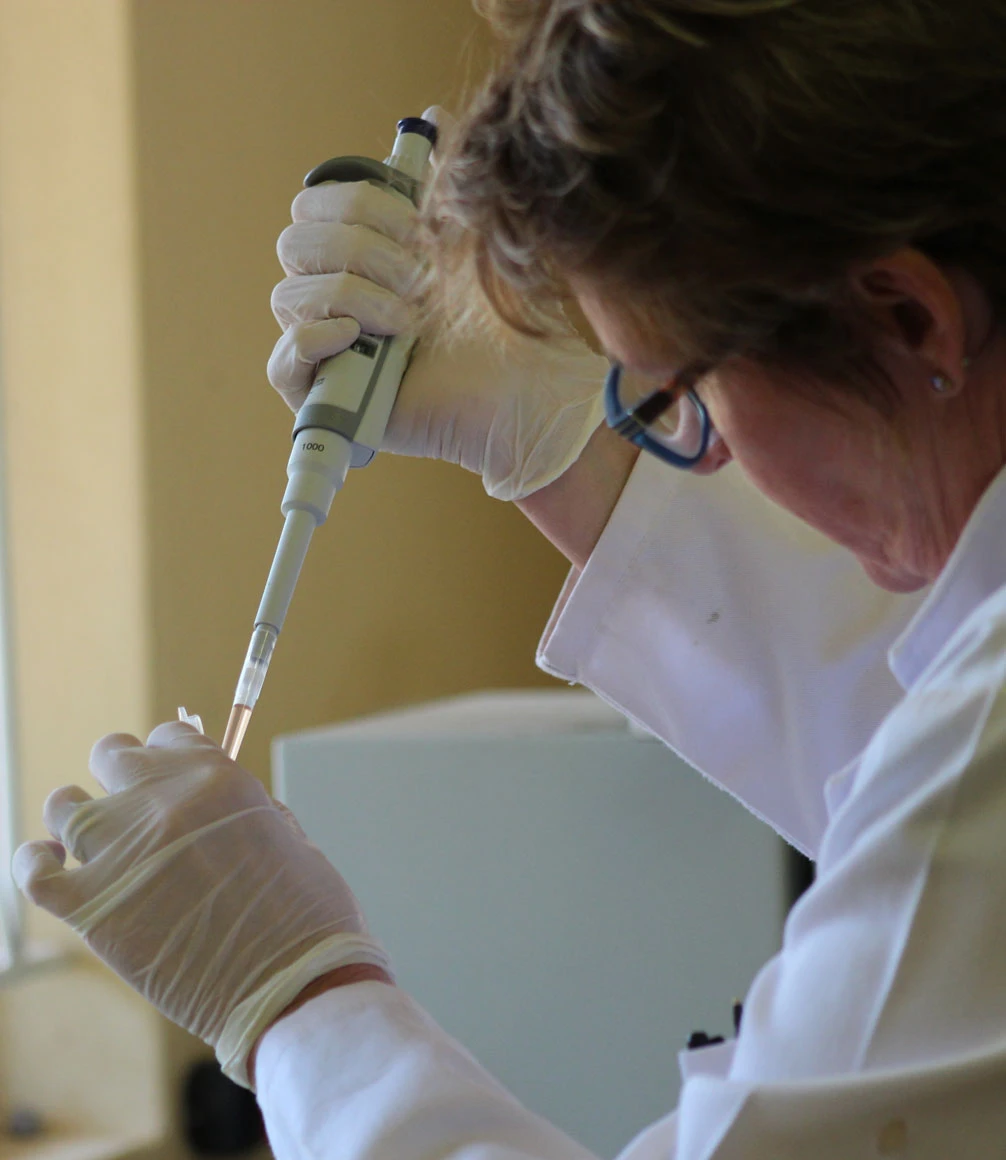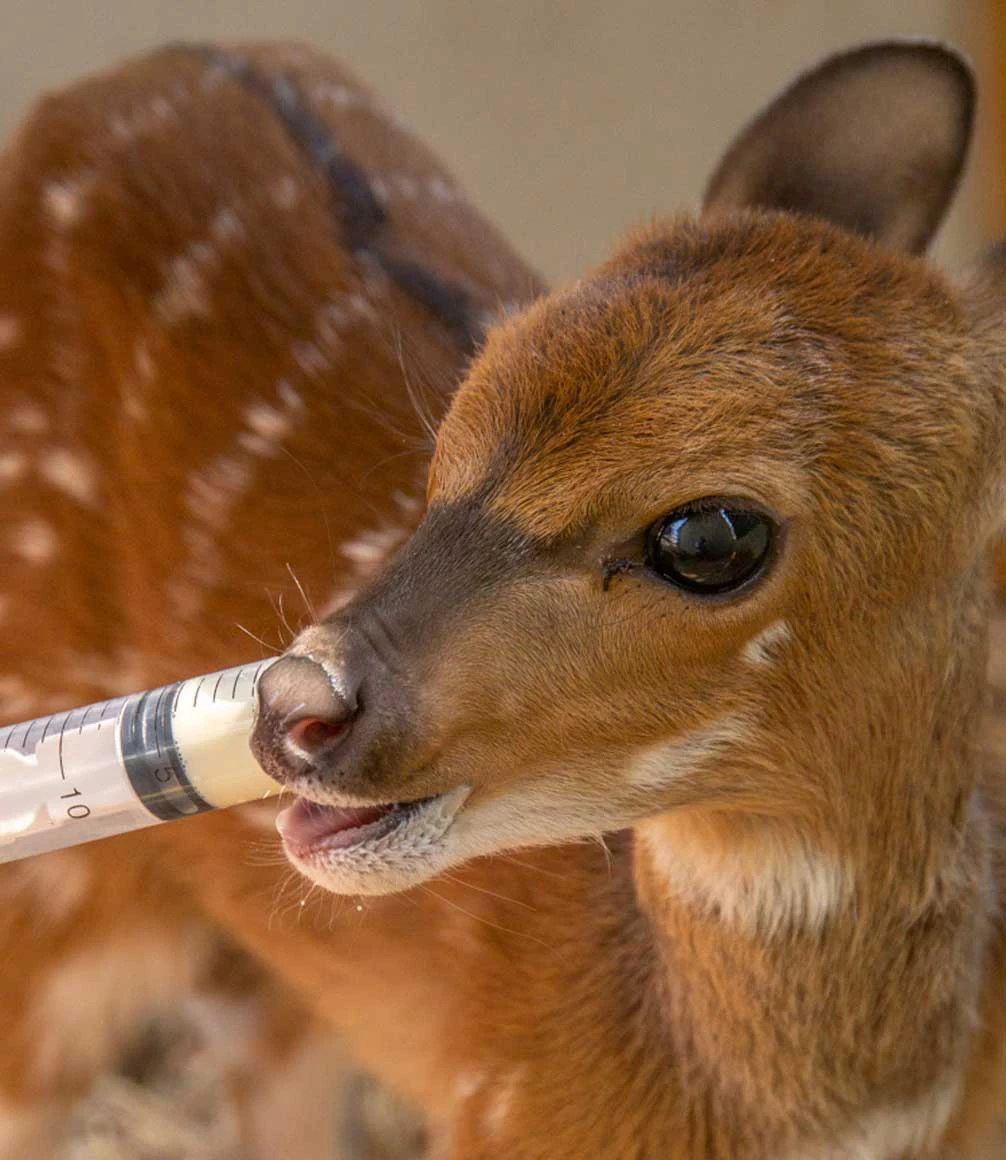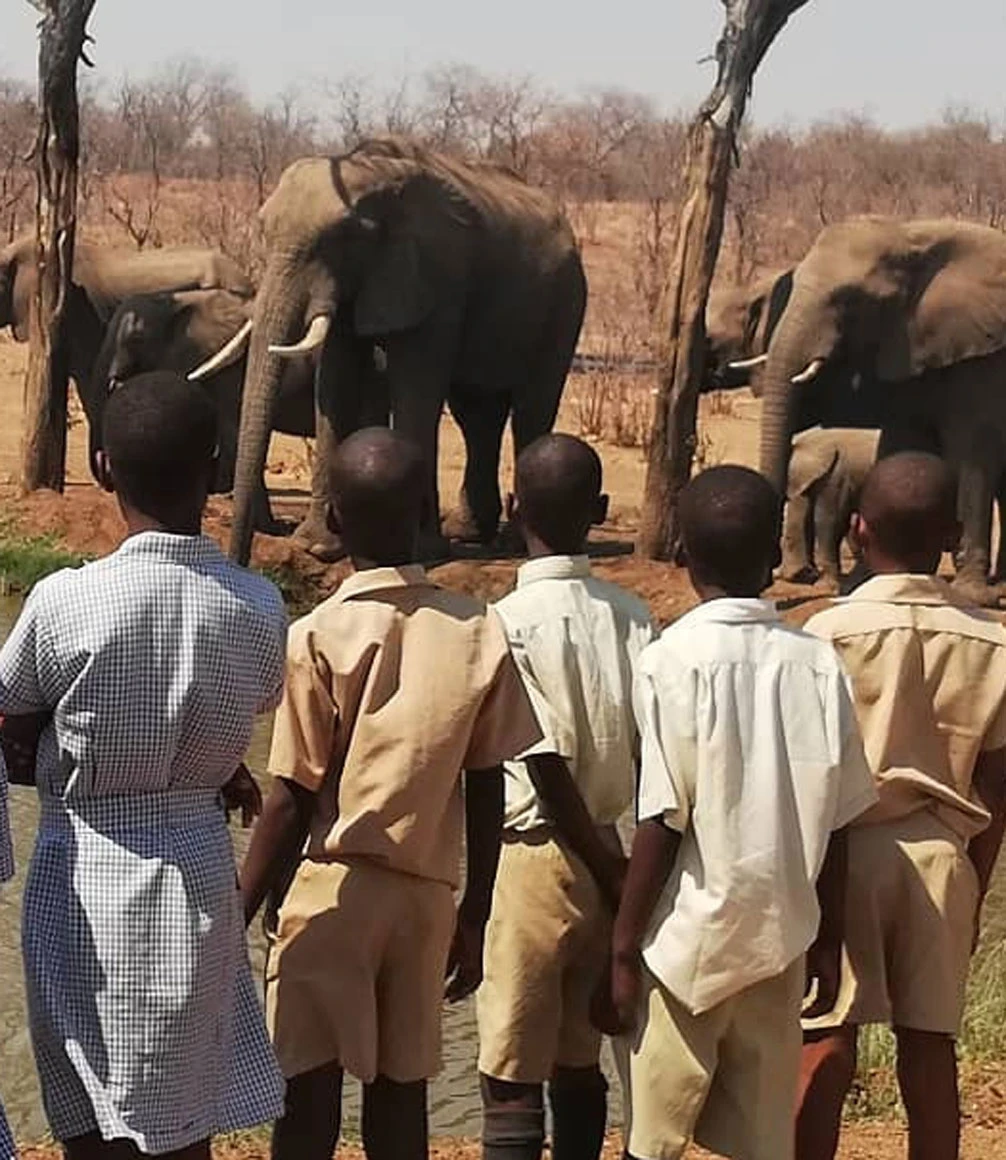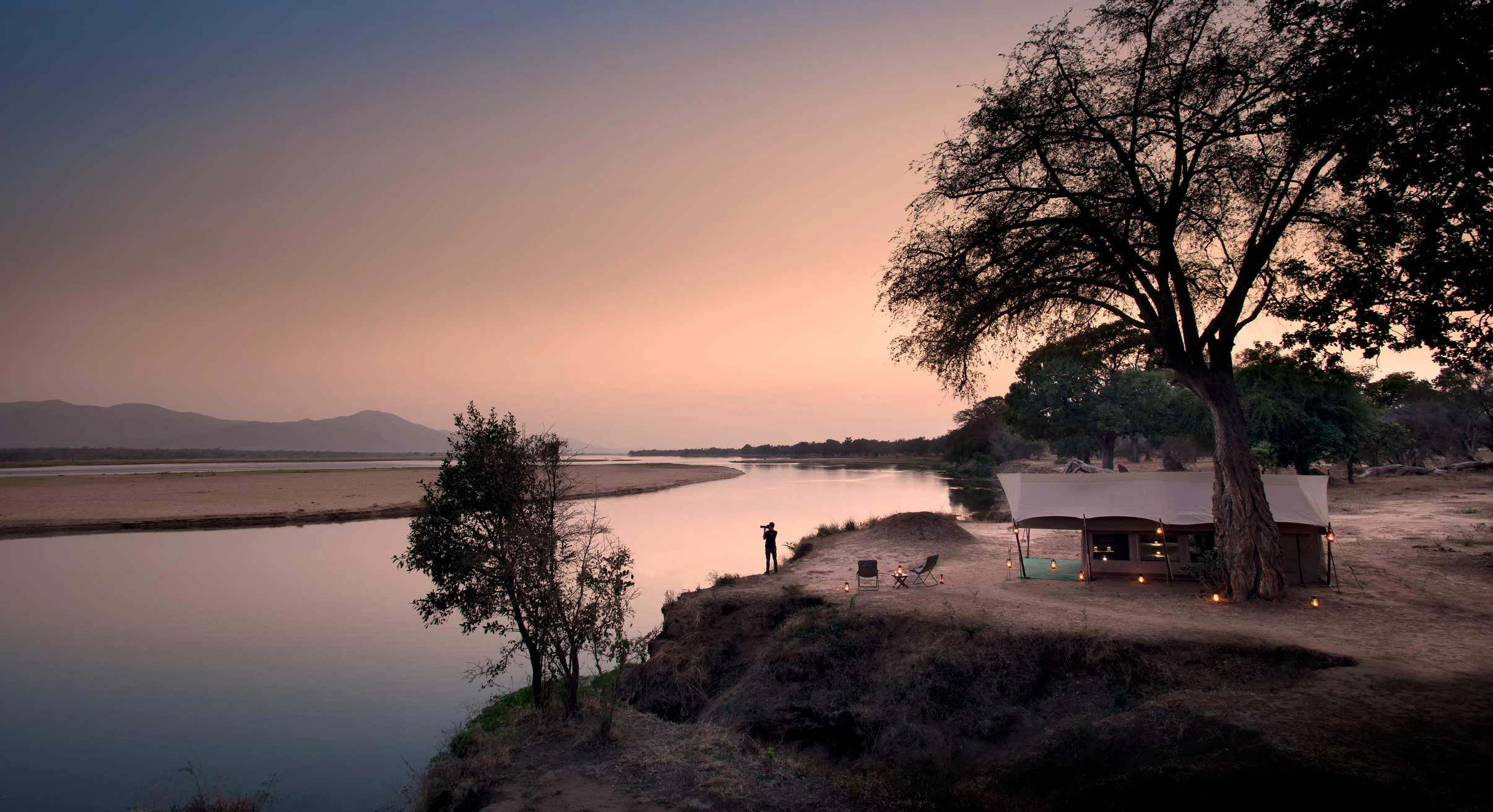Victoria Falls Wildlife Trust – taking a holistic approach to conservation to protect wildlife in Southern Africa
The coexistence between humans and wildlife across Africa has led to human-wildlife conflict due to competition for limited natural resources. Conflicts are intensified in regions such as Victoria Falls, where dense populations live near wildlife and where livestock holdings and crop fields form a significant part of rural livelihoods. Therefore, there is a need for communities to adopt conservation-based behaviours to live more harmoniously with wildlife.
Conserving wildlife and natural ecosystems in the Victoria Falls region is the Victoria Falls Wildlife Trust (VFWT), established in 2008 by conservationists Gavin and Shay Best. VFWT rehabilitates injured or orphaned wildlife, establishes anti-poaching initiatives, provides veterinary assistance and carries out community outreach and training activities.
"Many of the challenges we face in conservation are ultimately caused by humans. Therefore if we are to be successful in the long-term conservation of wildlife and natural resources we have to work with people so they see the benefits of conservation."
VFWT are frequently called to rescue wildlife trapped in wire snares for bushmeat and to rehabilitate animals that have been confiscated from illegal trafficking operations. The Trust also uses scientific solutions to combat commercial wildlife poaching.
VFWT undertakes a range of research projects from iconic species of lion and rhino to methods for dealing with human-wildlife conflict. For example, The Trust works with conservation stakeholders to assist in maintaining and growing the populations of both black rhino and southern white rhino. Every year the Trust ear notch new calves with a unique identification number, which helps anti-poaching scouts locate individuals for security purposes. In some areas of the country, they de-horn animals as an anti-poaching deterrent.
Another key focus of the conservation education program is vulture conservation and the plight of these iconic birds. With a rise in the number of sick and injured vultures that come in for rehabilitation. the Trust hopes to build a rehabilitation aviary for cases in need of veterinary care and rehabilitation before they can be returned to the wild.
Working with people so that they understand the benefits of wildlife is also an important part of the Trust’s work. VFWT brings approximately 20 children from local schools to its facilities every week. The children meet the Trust’s wildlife ambassadors – wildlife that is unable to be released into the wild such as Judge the vulture.
VFWT has also opened a Community Health and Welfare Centre. Community members can now bring their animals to the centre for veterinary care, vaccinations, and sterilisation. By improving the health of the animals that people are living with, the health of the individuals in the community and often the health of wildlife that may be interfacing with the domestic animals is improved.
Other important projects include the Wildlife Disease and Forensics Laboratory which tests for zoonotic and transboundary animal diseases to determine what diseases are circulating in different species of wildlife and domestic animals. They also look into wildlife forensics and help assist wildlife authorities in identifying wildlife crime.
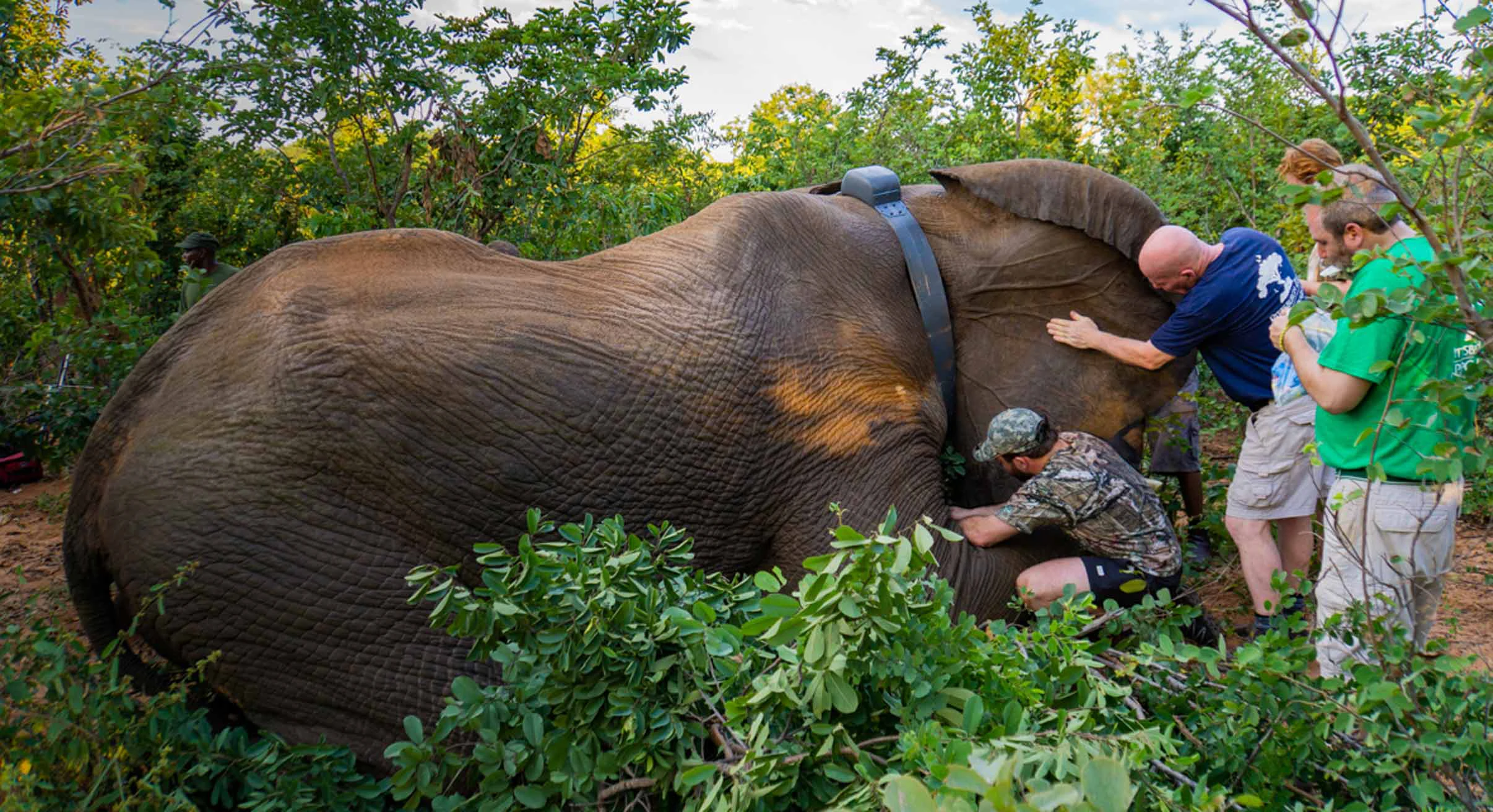
How can you engage with Victoria Falls Wildlife Trust?
View the rehabilitation centre at Wild Horizons Elephant Camp as well as the disease and forensics laboratory. Meet a team of community guardians that help protect livestock and see predator-proof mobile bomas. If the opportunity arises from May to November, track and immobilise a lion to deploy a collar. Or, help with vulture population research by locating nest sites. Maximum of four guests and minimum age of eight years. Please contact us for more information. Spend a day in the field to assist with rabies vaccination and sterilisation campaigns, available in July only with a maximum of four guests and a minimum age of 15 years. Participate in VFWT’s conservation education program, held on Fridays during school term from 09.00 to 14.00 hours with a minimum age of eight years.
Ready to take the road less travelled?
